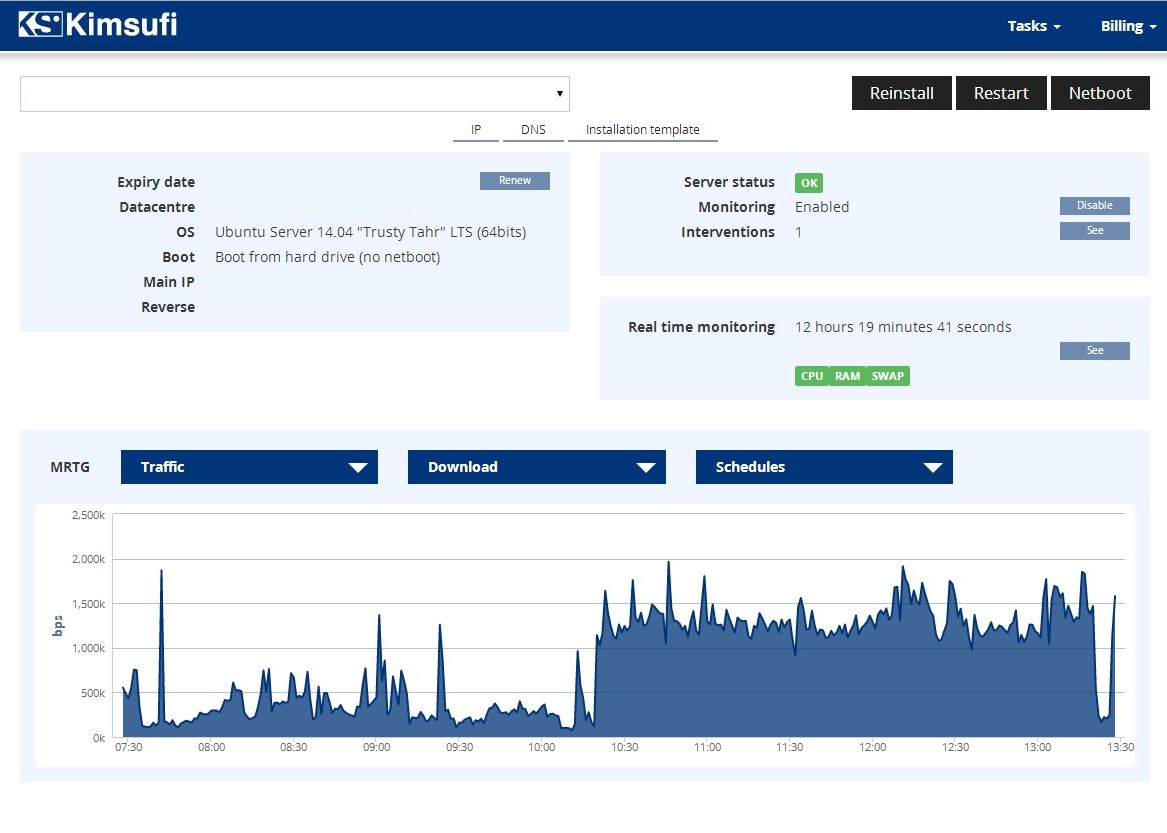Server
If ZFS is chosen you should put enough RAM into the backup server otherwise deduplication will cause a huge slowdown. UrBackup can be configured to accommodate a slow deduplicated backup storage. Another option is to use the Windows Server offline deduplication (and compression) available since Windows Server 2012 (with NTFS).
- The big draw to FreeNAS is ZFS, followed maybe second to price (comparing with Windows Server). If you have a good Server license, and you don't care about zfs, I'd probably stick with Windows. I looooove FreeBSD and zfs, so I run that, but I've used it for years.
- It wasn't around when this question was posted, but these days, at least for some scenarios and depending on which exact ZFS features you want, on Windows, ReFS might be an alternative to at least look into for new deployments. ReFS is available in Windows Server 2012 and newer. – user Nov 5 '15 at 12:42.
UrBackup Server runs on GNU/Linux, Windows and FreeBSD.
There are some considerations however if you want advanced features like compression or block level deduplication.
File compression
If you want the backups to be compressed the underlying file system has to do that for UrBackup. In most cases this means the operating system has to support that. Since Windows Server 2003/XP Windows has, with NTFS, compression capability.

In Linux following filesystems support compression:
- ReiserFS: This is not in the standard kernel
- Fuse plugin: Like fusecompress
- btrfs
Or use UrBackup server on FreeBSD/FreeNAS with ZFS.
Hard links
The backup file system has to be able to handle hard links and symbolic links. NTFS is able to handle both (Symbolic links (junctions) are supported since Windows Vista). All Linux/Unix file systems support hard links and symbolic links. FAT/ReFS does not support this.
Large files
The client images are saved into one large file. The file system has to be able to handle them.On Windows NTFS supports very large files. You will not have any problems there. On Linux you have to enable the large file support in the kernel and for the specific file system. Nowadays this is enabled per default. Then the maximum file size depends on the used file system. With ext3 it can be as small as 16GB if the drive is formatted with a small block size. Usually it is 2TB though (with standard block size).
Deduplication
Open Zfs On Windows
With deduplication data blocks which are the same in different files are saved only once on the hard disk. ZFS is able to do that. There are also professional storage systems which do deduplication - sometimes in hardware. Btrfs does support offline deduplication. There are some other fuse file systems which support deduplication but those do not seem to be stable or performant.If ZFS is chosen you should put enough RAM into the backup server otherwise deduplication will cause a huge slowdown. UrBackup can be configured to accommodate a slow deduplicated backup storage.Another option is to use the Windows Server offline deduplication (and compression) available since Windows Server 2012 (with NTFS).
UrBackup can also use btrfs in a way that makes deduplication sometimes unnecessary. See here.
Client
Zfs Windows Server 2012 64-bit
UrBackup Client runs on Linux, Windows and FreeBSD.
Read Zfs Windows
Image Backups only work with a Windows client and can only be done with volumes which are formatted with NTFS.